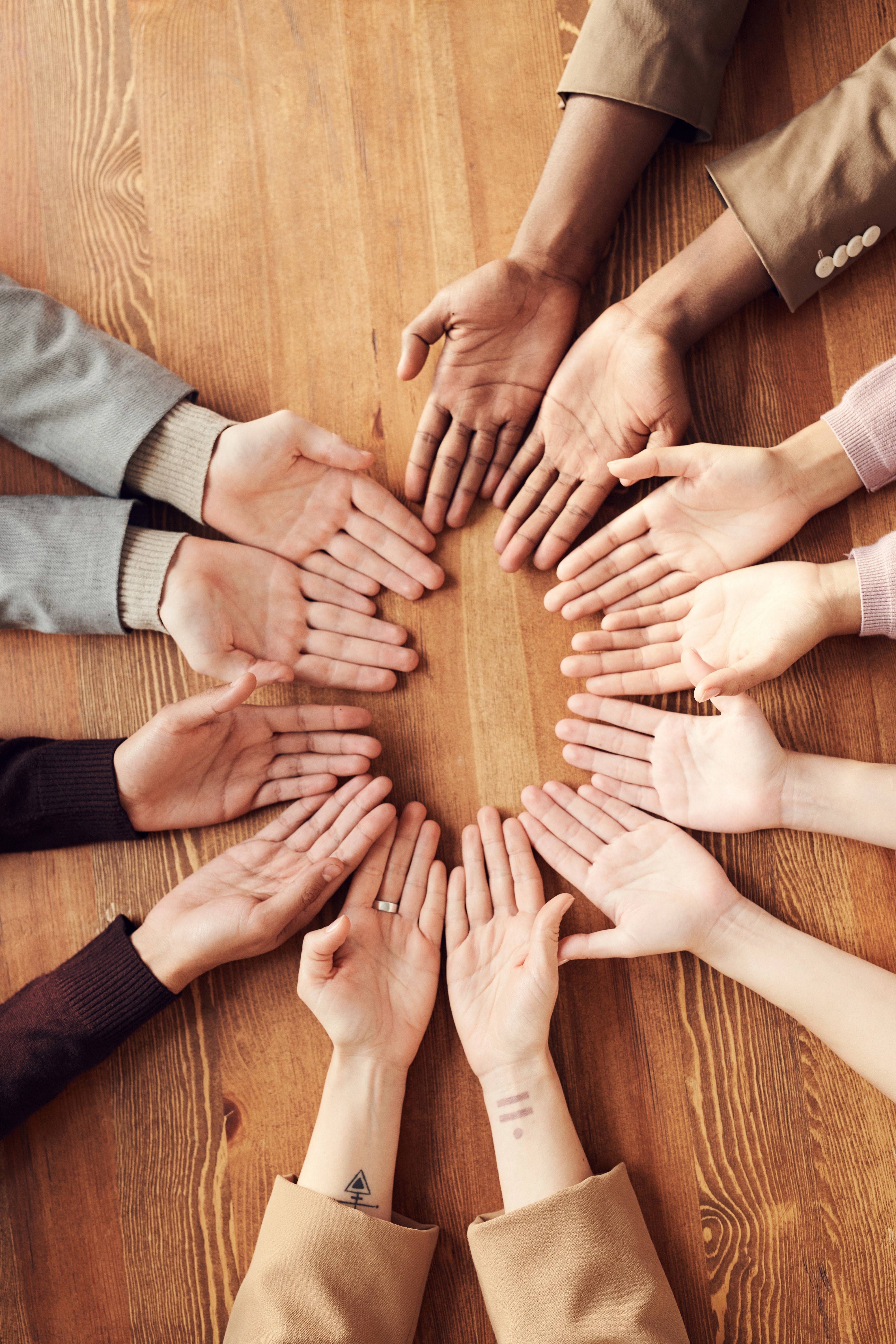
United Way is committed to Making Life Better for Everyone in our River Region.
Picture our River Region, and what do you see? Homes, schools, churches. Throughout neighborhoods and businesses, in classrooms, at Montgomery Biscuits games, in workplaces—there’s much more than meets the eye. You’ll find lives made better by those around them. Lives made better by programs funded through the generosity of our neighbors. Lives enriched as a result of community partnerships with River Region United Way.

Community Impact Council
Our present-day Community Impact Council is the division of River Region United Way responsible for carrying out community needs assessments to identify our community’s most acute needs and to identify gaps in services.
In the Montgomery, Alabama of 1934, the Charity and Welfare Council took on the role of fundraising by spearheading a unified campaign to consolidate philanthropic giving under a central banner rather than individualistic drives at an agency level. In 1937, the Coordination of Community Services was doing similar work among service providers to reduce duplication and coordinate efforts amongst the public. By 1951, these two groups merged and created an integrated effort to not only provide financial assistance, but to help identify the most pressing needs within our community and strategies for prevention and cure of community problems.
By 1952, the "Community Council" had become the most objective body in Montgomery for studying community problems and then applying a proper plan and organization to meet those identified problems.
Community Needs Assessment
Fast forward to now, when the Community Impact Council released its Comprehensive Community Needs Assessment Report for assessments conducted in Autauga, Elmore, Lowndes, Macon and Montgomery counties. This report identified the most pressing social issues and exposed gaps in the delivery of programs and services.
For more than 60 years, the Community Impact Council has taken on projects and studies that have led to major advancements in the care of the mentally challenged, those affected by disaster and the elderly.
Their wisdom and forward-thinking allowed them to embrace the role of “community problem solvers" and has left an indelible imprint on the social fabric of our community.
Click Here To Learn More
River Region Community Impact Funding Policy
River Region United Way developed the Community Impact Fund to assist working individuals or families who find themselves facing a short-term hardship.
-
The CI Fund serves as a fund of last resort, meaning assistance is provided only after individuals have contacted 211 and reached out to other local nonprofits or community agencies for support but still have unmet needs.
-
The CI Fund is established to assist working persons and their families who live in River Region United Way's coverage area – Montgomery, Autauga, Elmore, Lowndes, and Macon counties.
-
The fund will assist those who have experienced an unbudgeted and unexpected expense, a layoff, an unexpected loss of income, or a financial hardship due to a declared disaster.
-
The CI Fund is not a supplemental health insurance and shall not be used to pay any medical expenses; however, a one-time payment for a needed prescription when an employed person meets the other CI Fund guidelines may be allowed.
-
Each client request will be considered on a case-by-case basis.
-
The CI Funds are to be utilized specifically for employed persons; those who have historically been employed but have recently lost their jobs or who are on a “fixed income” such as social security recipients.
-
A Catastrophic Event includes fires, flood, illness/injury of the employed person or member of the employed person's immediate family.
-
A Declared Disaster includes events caused by acts of nature where the Federal Government has officially declared the event a disaster.
-
Unbudgeted Necessary Expense includes needs pertaining primarily to shelter (rent or mortgage), food, primary mode of communication (phone), and transportation. It does not include payments for cable/satellite television, funeral expenses, or travel related to a funeral, or credit card debt.
Client Assistance Information
-
Prior to approval of CI Fund assistance, the client must be able to demonstrate that this payment will solve their existing challenge, not just postpone it.
-
When requesting CI Funds, the client must have documented proof of the unexpected loss of income or unbudgeted expense for an unexpected necessity that occurred within 90 days prior to the date of contacting River Region United Way.
-
The amount of assistance will not exceed $500, once in a calendar year; however, consideration will be given to the extra costs incurred by the client because of the original loss of income or unbudgeted expense.
-
The client may be asked to pay a portion of the bill.
-
The client’s income shall not be a consideration for assistance, but may be considered when determining if the client would benefit from a referral to a Financial Literacy Class.
-
The CI Fund requests are initiated by the completion of the intake assessment form.
-
The CI Director will review the intake assessment form and all supporting documents regarding the reason for the request and proof of the need (i.e. medical records documenting an illness, bill for car repair, emergency home repair, layoff documents, electric bill, eviction notice, foreclosure notice, etc.) must be included.
-
Appropriate documentation shall be obtained from the landlord in rental assistance cases.
